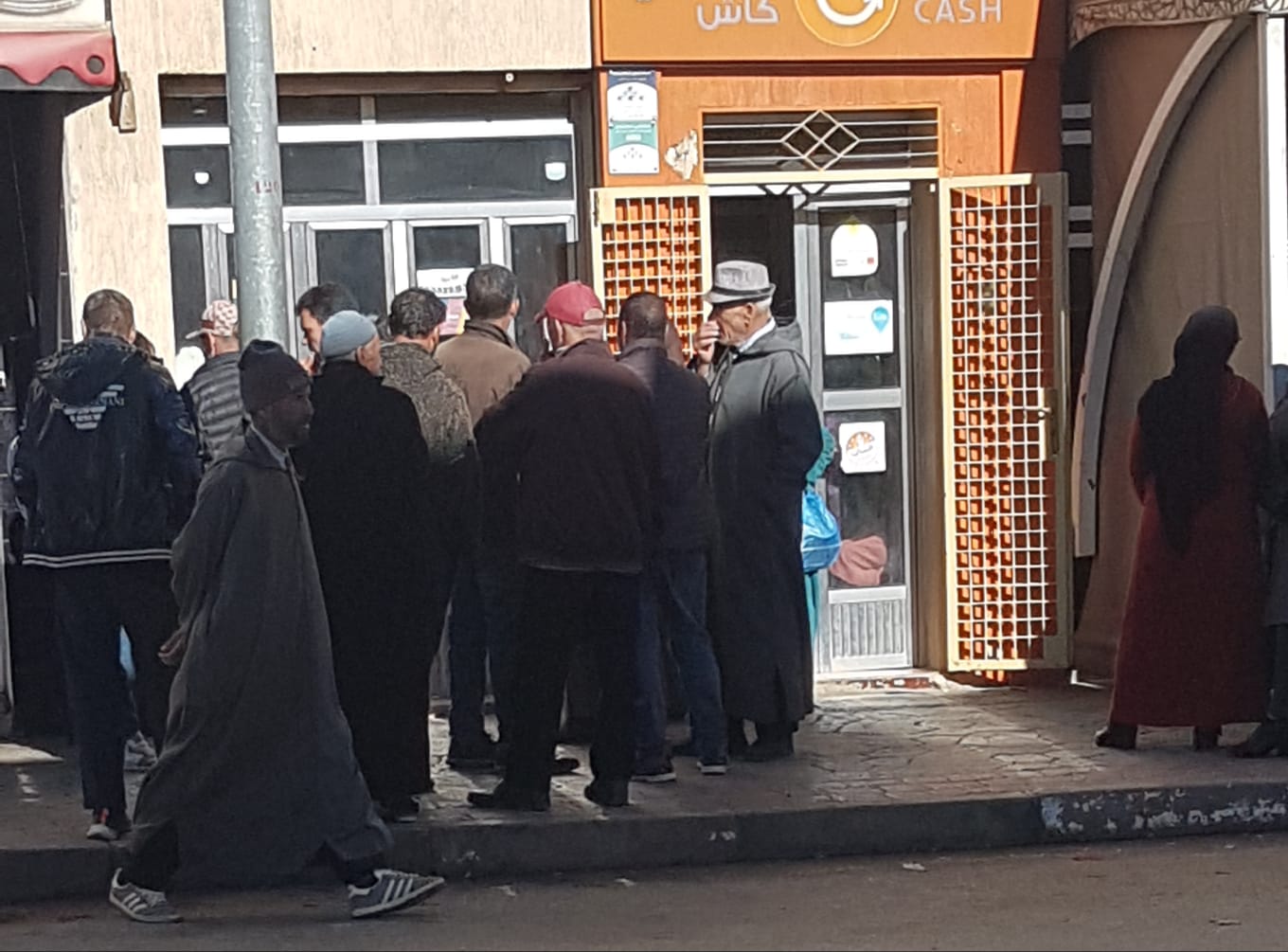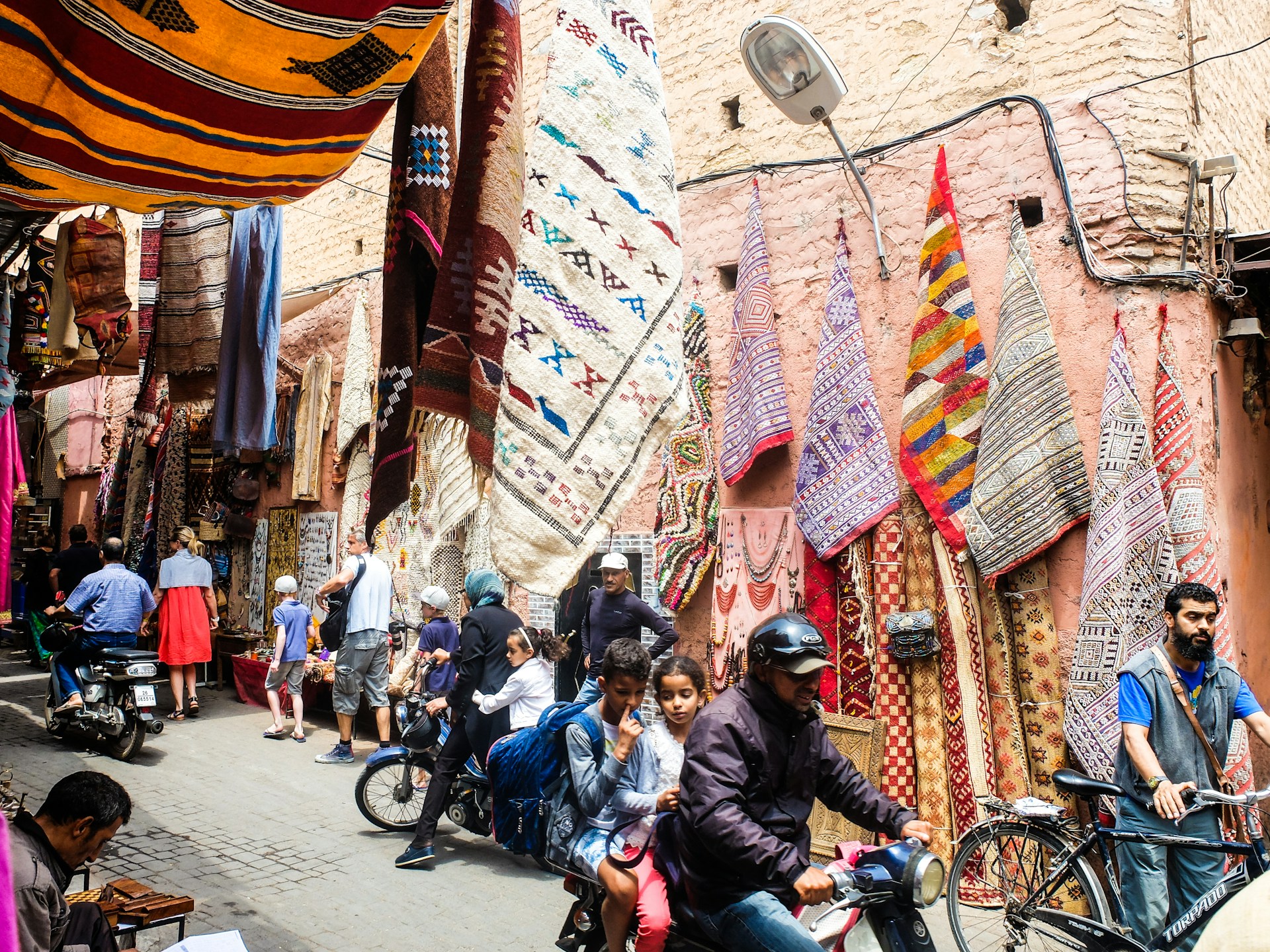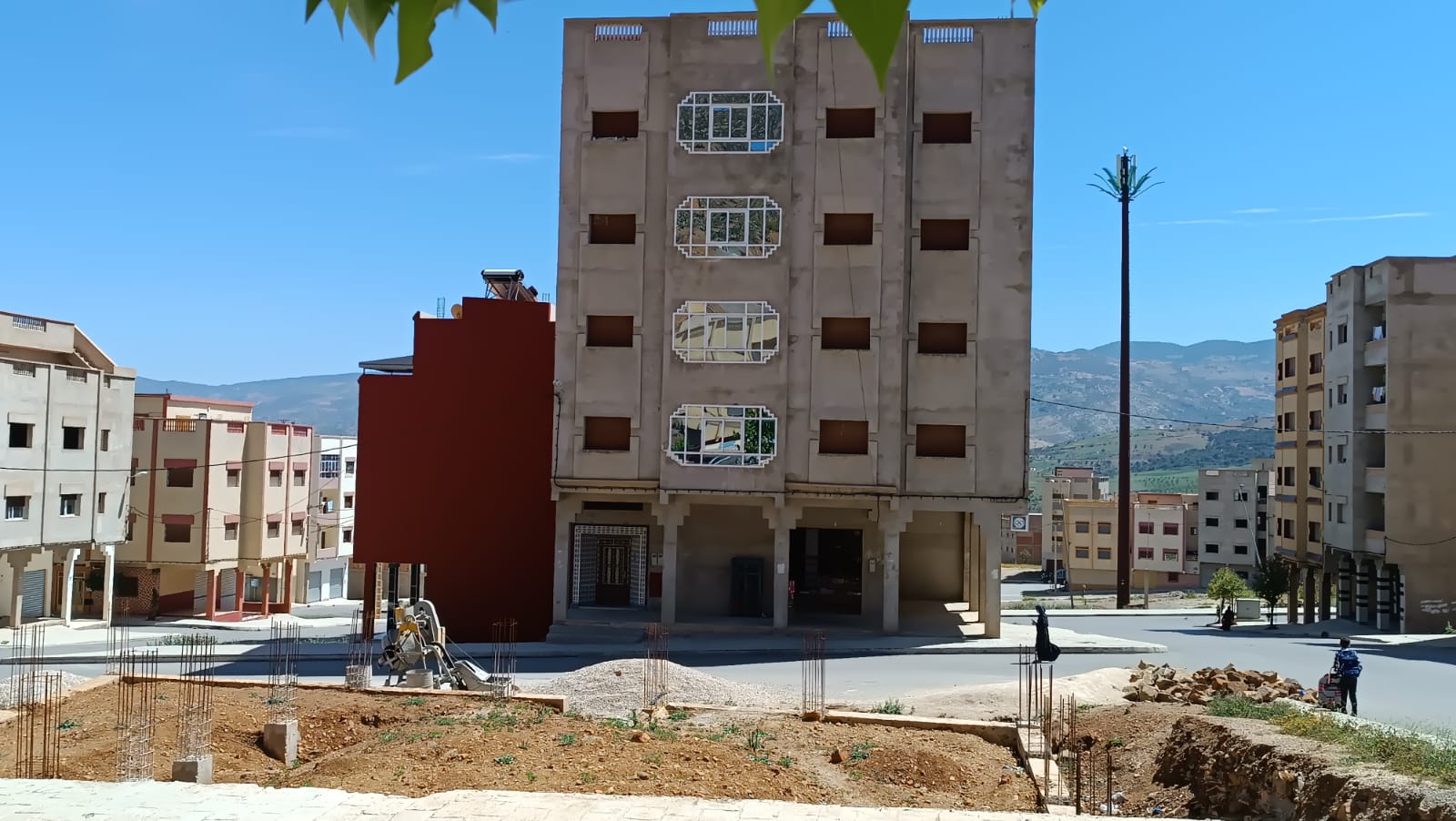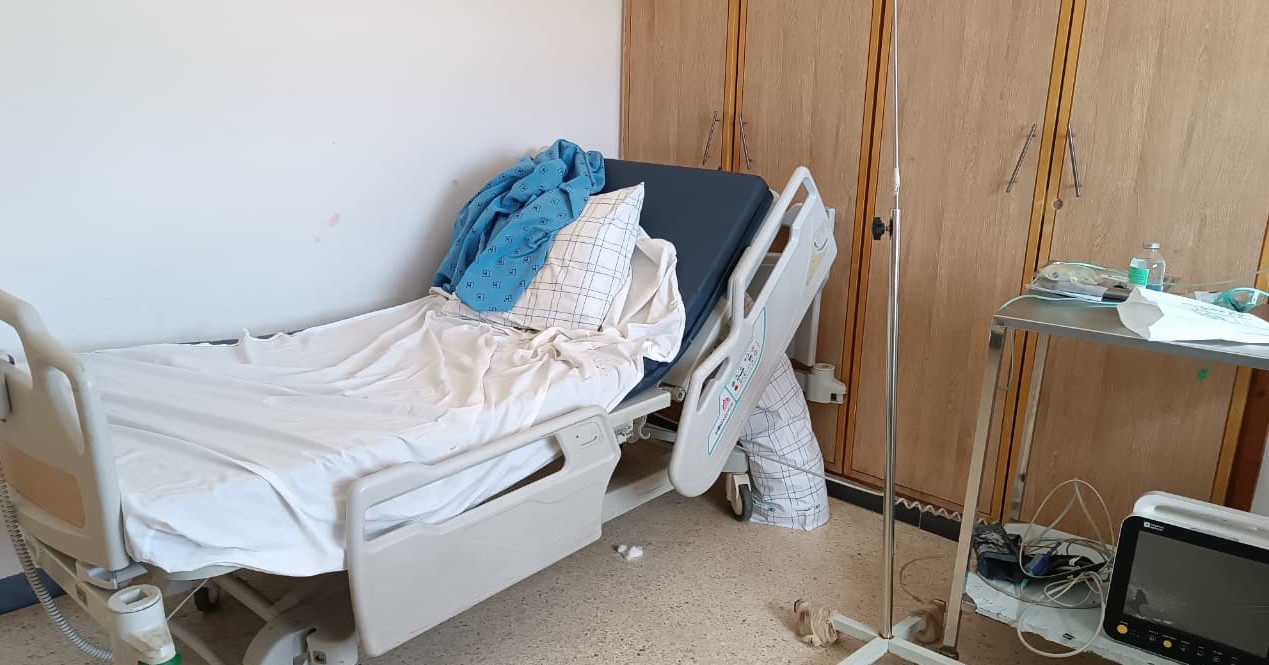Casablanca – In a move to address the growing need for employment opportunities in rural areas, the Moroccan government is taking bold steps to provide better prospects for young people living outside urban centers. The government has committed $103 million as part of its new strategy for 2025, aimed at boosting rural employment through training and integration initiatives.
Younes Sekkouri, the Minister of Economic Inclusion, Small Business, Employment, and Skills, presented the plan to the House of Representatives, highlighting the government’s resolve to ensure that rural youth can access meaningful work in the very areas where they live. For many young people in rural Morocco, finding a job is a challenge. Limited job opportunities, combined with the lack of advanced training options, have often pushed them to migrate to cities in search of work. This strategy seeks to reverse that trend by providing training that aligns with the needs of rural industries, offering these young people a real chance to build a future in their communities.
At the heart of the government’s plan is vocational training, which is seen as a key tool for empowering youth and opening doors to stable employment. The government has already established 67 vocational training centers in rural areas. These centers, with 55 focused on agriculture and 12 managed by the National Office for Vocational Training and Employment Promotion (OFPPT), offer young people the skills needed to succeed in industries that are vital to rural economies, such as farming, livestock, and rural engineering.
To further extend its reach, the government has rolled out 22 mobile training units, which are already benefiting around 3,000 individuals. This innovative approach ensures that even those in the most remote areas can access education and skills training. Additionally, 139 boarding schools are helping nearly 17,000 rural youth by providing not only a place to stay but also an opportunity to learn in a supportive environment.
The training covers a wide range of fields that are directly relevant to rural economies, including poultry farming, cattle ranching, and crop production. Young people can also learn valuable skills in electromechanics, machinery repair, and horticulture, all of which are essential to sustaining and growing rural industries. This focus on hands-on, practical training means that young people can return to their communities with skills that are in demand, making them valuable contributors to local economies.
Another key aspect of the strategy is the government’s career development program, which aims to increase the number of beneficiaries from 20,000 to 100,000 by 2025. This program is specifically designed to help young people who do not have a formal diploma, a group that makes up a significant portion of the rural population. By providing these individuals with the tools and support to succeed, the government is working to bridge the gap and give all young people, regardless of their educational background, the opportunity to thrive in the job market.
These efforts are just the beginning, with more initiatives on the horizon aimed at tackling the specific challenges faced by rural populations. The government is committed to creating a sustainable system of support that will help young people secure jobs and stay in their communities, ultimately contributing to the long-term growth and prosperity of Morocco’s rural areas.
Morocco’s $103 million investment in rural employment represents a significant step forward in ensuring that young people in rural communities have access to the training, support, and opportunities they need to succeed. By focusing on vocational education and career development, the government is creating pathways for rural youth to not only find work but to build fulfilling, long-term careers in the regions where they grew up.
















